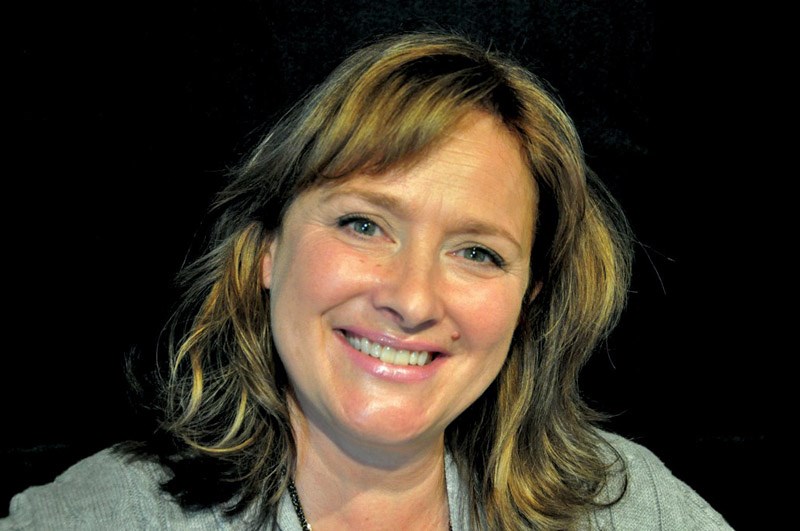The Sunshine Coast will have a WildSafeBC coordinator once again this year thanks to funding from the Sunshine Coast Regional District and the government of B.C.
“As people venture out into the great outdoors in early spring, the chance of human-wildlife encounters increases as some animals emerge from hibernation,” a press release from the Ministry of Environment said. “Knowing what causes conflict between humans and wildlife and how to prevent it is the premise of WildSafeBC.”
On the Coast, Kim Drescher is the program coordinator. She started on May 1, giving about 15 hours a week to the program until her contract ends on Nov. 30.
It’s less time than she devoted to the program in the past, but less funding from the province this year meant fewer hours for Drescher.
Although her exact budget has not yet been released, Drescher knows she’ll receive about $8,000 from the province and local funders in 2014.
“This is less than last year, but the main priority is to keep WildSafeBC program delivery on the Sunshine Coast,” Drescher said.
She plans to focus on reducing wildlife-human conflicts locally through “education, cooperation and innovation” this year.
“The motto of ‘keeping our wildlife wild — and communities safe’ is based on the belief that if we keep wildlife unhabituated (mainly by properly managing attractants) we can make our community safer, and as a result, can keep wildlife from coming to harm,” Drescher said.
She plans to get her message of managing attractants out to the public through community presentations, public information booths, social media, school and camp visits, tagging garbage cans put out too early and going door-to-door in problem neighbourhoods.
“People can change their behaviour, animals cannot,” Drescher noted.
She encourages residents to take care of their animal attractants now to avoid unwanted visitors this spring and summer.
“The main step one can take is to responsibly manage their refuse,” Drescher said.
Residents should store garbage inside until the morning of garbage pick-up day, take down bird feeders, pick up any ripe or fallen fruit promptly, feed pets indoors and avoid the use of outdoor fridges and freezers.
Residents with chickens or other livestock should also erect electric fencing to deter wild animals from attacking.
Feed for livestock should be stored inside a secure building and compost should be turned regularly to keep it from becoming an odorous attractant.
Drescher will be keeping the community up to date this year via her Facebook page titled WildSafeBC Sunshine Coast and she encourages the public to visit www.wildsafebc.com for more information about managing attractants and how to handle animal encounters in the wild.



